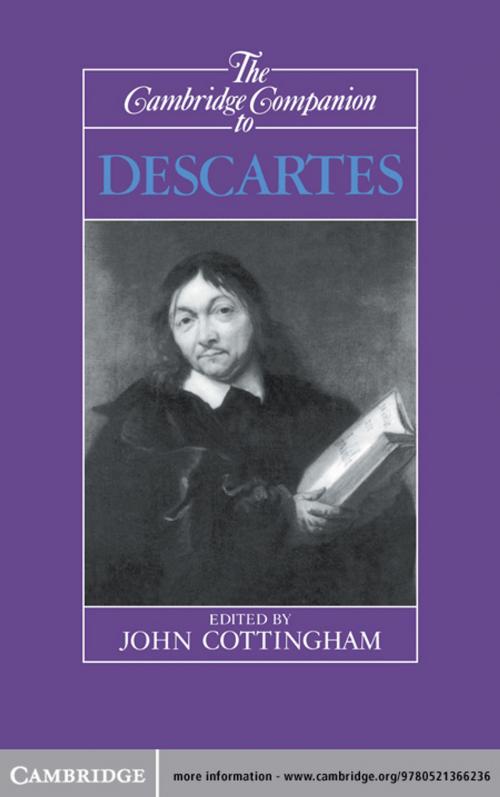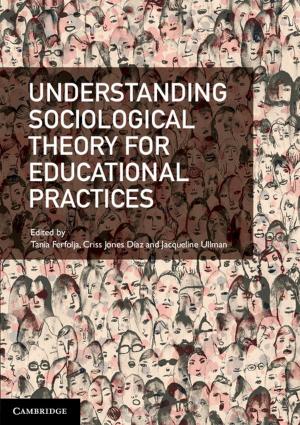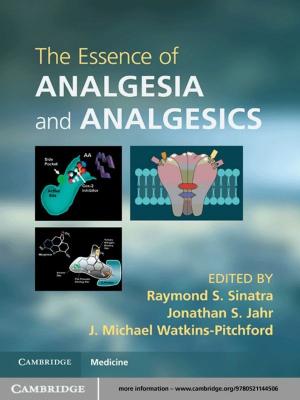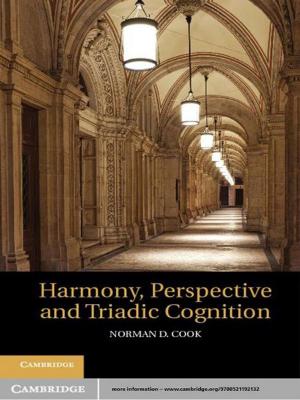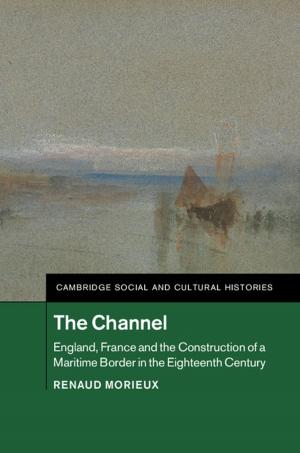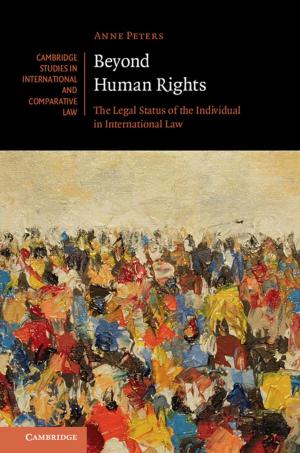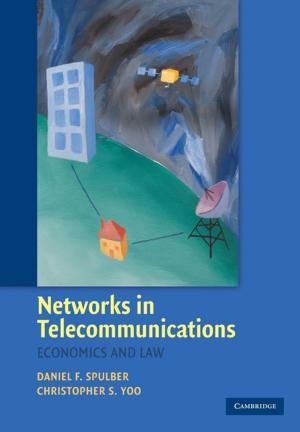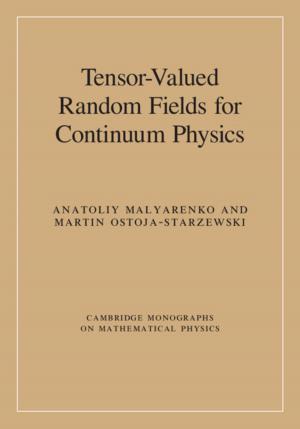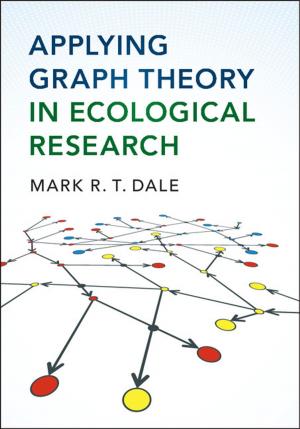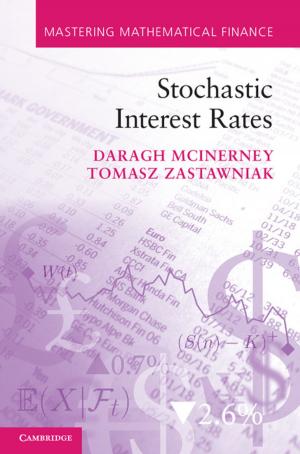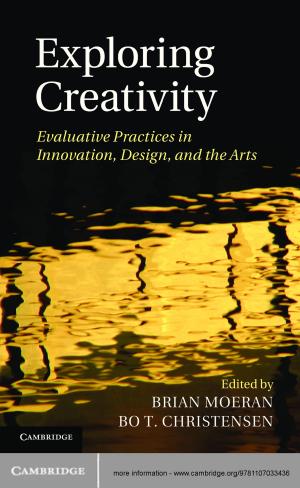The Cambridge Companion to Descartes
Nonfiction, Religion & Spirituality, Philosophy, Modern, History, Criticism, & Surveys| Author: | ISBN: | 9781139815062 | |
| Publisher: | Cambridge University Press | Publication: | September 25, 1992 |
| Imprint: | Cambridge University Press | Language: | English |
| Author: | |
| ISBN: | 9781139815062 |
| Publisher: | Cambridge University Press |
| Publication: | September 25, 1992 |
| Imprint: | Cambridge University Press |
| Language: | English |
Descartes occupies a position of pivotal importance as one of the founding fathers of modern philosophy; he is, perhaps the most widely studied of all philosophers. In this authoritative collection an international team of leading scholars in Cartesian studies present the full range of Descartes' extraordinary philosophical achievement. His life and the development of his thought, as well as the intellectual background to and reception of his work, are treated at length. At the core of the volume are a group of chapters on his metaphysics: the celebrated 'Cogito' argument, the proofs of God's existence, the 'Cartesian circle' and the dualistic theory of the mind and its relation to his theological and scientific views. Other chapters cover the philosophical implications of his work in algebra, his place in the seventeenth-century scientific revolution, the structure of his physics, and his work on physiology and psychology.
Descartes occupies a position of pivotal importance as one of the founding fathers of modern philosophy; he is, perhaps the most widely studied of all philosophers. In this authoritative collection an international team of leading scholars in Cartesian studies present the full range of Descartes' extraordinary philosophical achievement. His life and the development of his thought, as well as the intellectual background to and reception of his work, are treated at length. At the core of the volume are a group of chapters on his metaphysics: the celebrated 'Cogito' argument, the proofs of God's existence, the 'Cartesian circle' and the dualistic theory of the mind and its relation to his theological and scientific views. Other chapters cover the philosophical implications of his work in algebra, his place in the seventeenth-century scientific revolution, the structure of his physics, and his work on physiology and psychology.
